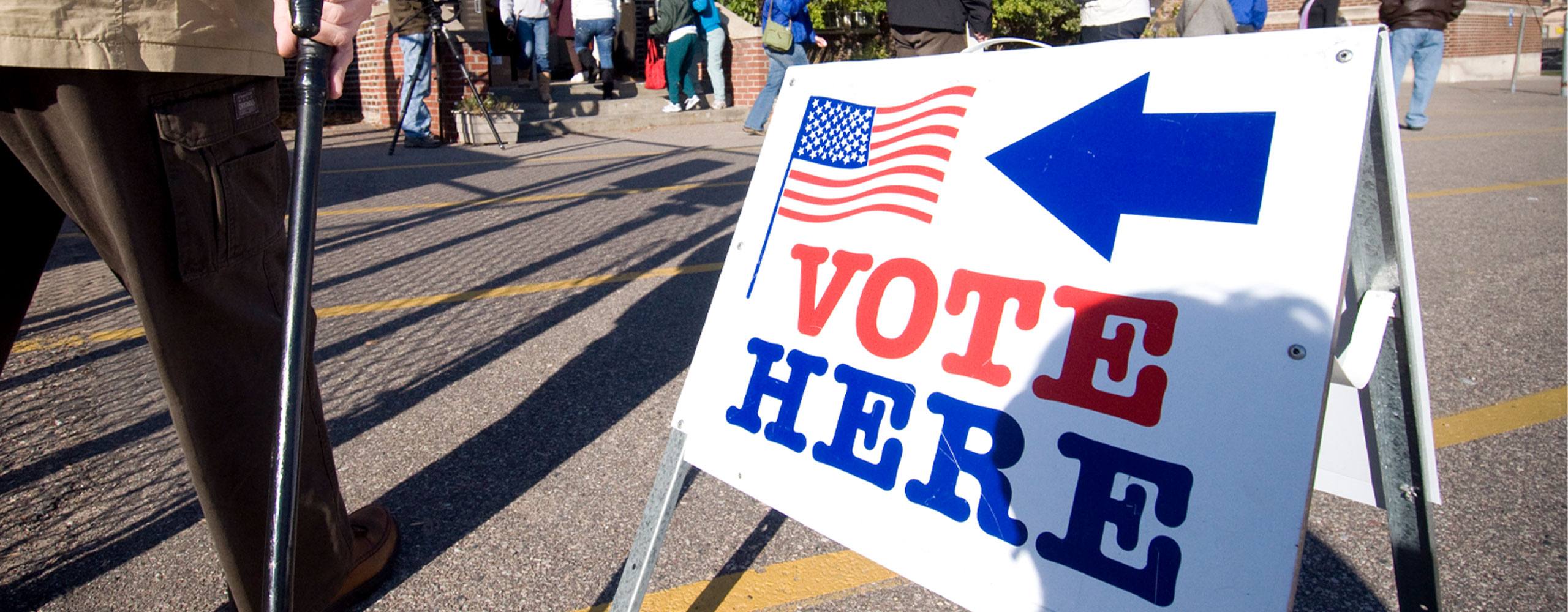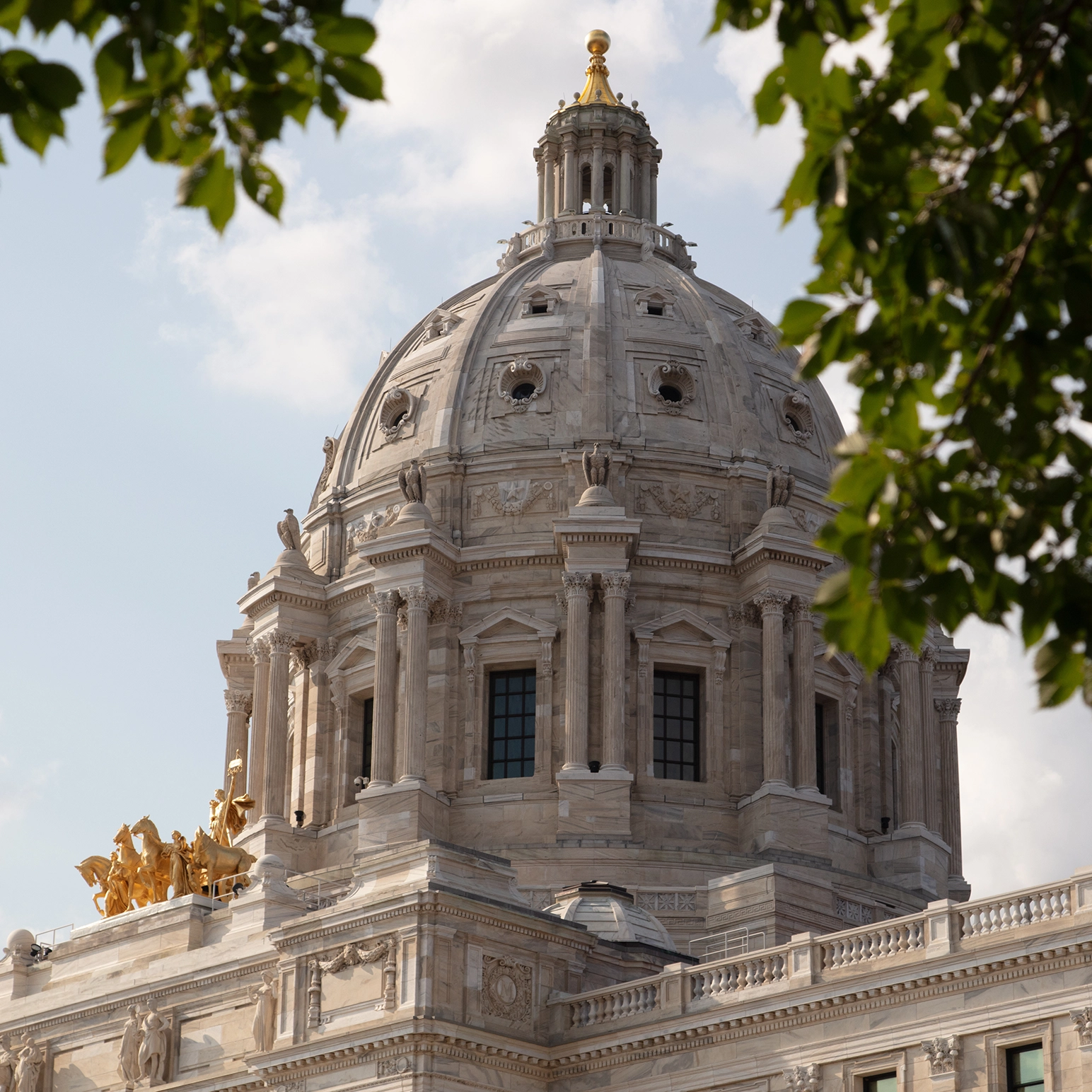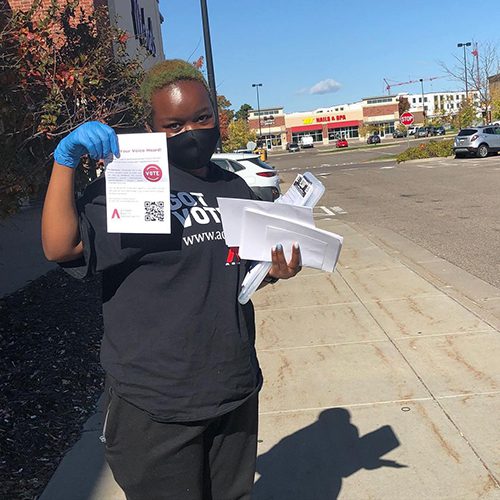Our Commitment to Voter Engagement

As we head into what could well be the most consequential election of our lives, our community is in an “all hands on deck” moment. To tackle our most pressing problems, we need everyone to help shape the solutions. That’s a core value at the Minneapolis Foundation, and it’s why we have invested heavily, for many years, in work to promote civic engagement and leadership.
On this Election Day, we are grateful for the critical work that has been done—not just in recent weeks, but for many years—by the many local organizations we have supported as they work to drive civic participation and elevate the voices of our communities. We are also proud to stand with our colleagues in Minnesota’s philanthropic community as we unite to uphold our election integrity and democracy.
In the past decade, our investments in civic engagement have ranged from grantmaking to advocacy, research, and public awareness campaigns about a variety of issues. With a host of local partners, we have worked to ensure that everyone—but especially underserved and underestimated communities—has access to the tools and resources they need to participate in our democracy. We support work that empowers parents and students to get involved in decision-making within their schools and school districts. Work that encourages more women and people of color to serve on public boards and run for elected office. Work to ensure that Census counts are fair and accurate. Work that helps those most impacted by policies bring their lived experience into shaping solutions.
We are also committed to the power of voting—a proven entry point to engage individuals in their communities, a launch point to cultivate community power, and a fundamental pillar of democracy and social change.

Here are three ways we’ve worked to increase nonpartisan voter engagement in the past decade:
We support community organizing to increase voter turnout.
Since 2013, through seven election cycles ranging from local elections to presidential elections, the Minneapolis Foundation has made more than $2 million in grants to dozens of community organizations that are working to increase voter participation in Minneapolis, especially in diverse, low-income neighborhoods. Research tells us that residents who vote are more likely to know their neighbors, feel like they’re part of a community, initiate communication with elected officials, write a letter to the editor, or participate in a community meeting about a relevant public issue. However, in a state that boasts about its high voter participation rate in national elections, voter turnout rates for communities of color in Minneapolis are 25% to 40% lower than in white communities, depending on the election. And it is not surprising that Minnesota’s disparities in voting access and participation mirror our worst-in-the-nation disparities in jobs and education.
Partly as a result of our investments, and mostly as a result of the countless hours of organizing on the ground by trusted messengers, we have seen the number of Minneapolis voters increase by tens of thousands since 2013. And voter turnout in our targeted areas of Minneapolis increased by as many as 23 percentage points, thus significantly narrowing turnout gaps that existed across the city. Just as important, more local nonprofits offer nonpartisan voter education. These nonprofits—which also provide a host of other important services—are effective messengers because they are already known and trusted by the communities they serve.
We are working to remove systemic barriers to voting.
Since 2013, the Minneapolis Foundation has been a member of the Restore the Vote Coalition, which is working to restore voting rights to an estimated 60,000 Minnesotans who are barred from voting because of a past felony conviction.
Under current state law, Minnesotans who have been convicted of a felony lose the right to vote until they have completed their entire sentence, including any time spent under community supervision status such as probation or parole. What that means is that, as they live in our communities—working, paying taxes, raising families—these residents are unable to participate in the fundamental act of citizenship: Voting.
Since 1974, the percentage of disenfranchised voting-age Minnesotans has increased 400%. And as a result of disproportionate conviction rates, disenfranchisement overwhelmingly affects African Americans. While African Americans make up roughly 5% of the population in Minnesota, they make up 25% of those disenfranchised under the current law in our state.
The Restore the Vote Coalition has grown to include roughly 90 organizations, garnering substantial bipartisan support. We’re proud to be part of this group, which believes that restoring the vote to Minnesotans who have served their time will positively engage more people in the democratic process, make the law clear and save resources, and ultimately make all Minnesota communities safer and more just.
We opposed the 2012 Voter ID Amendment.
Back in 2012, a ballot question proposed that Minnesota amend its constitution to require voters to present a photo ID before being allowed to cast a ballot. We publicly opposed this amendment and made grants to support community organizing against it. It was defeated.
At its core, voting is about power – empowering individuals, growing power as a community, and leveraging power on behalf of your community. It’s about having a voice at the table. It’s about using the existing system to make changes to the system. These are all things that the Minneapolis Foundation believes in strongly, and which drive our ongoing commitment to voter engagement.
In coming weeks, we’ll continue to listen closely to our partners in community about issues and needs that emerge following the election, and we’ll continue to look for ways to lift up the value of civic participation and leadership.
Today we celebrate all those who are exercising one of the most fundamental rights of citizenship. If you haven’t already, go vote.

